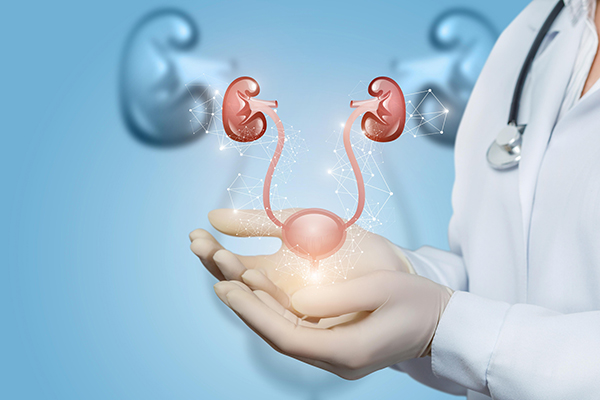Prostate Cancer
Prostate cancer is a type of cancer that occurs in the prostate gland, which is a small walnut-shaped gland located just below the bladder in men. The prostate gland produces seminal fluid, which nourishes and transports sperm during ejaculation.
Risk factors for prostate cancer include
- Age: Prostate cancer is rare in men under the age of 40 but becomes more common with increasing age. The majority of cases are diagnosed in men over the age of 65.
- Family history: Having a close relative, such as a father or brother, with prostate cancer increases the risk. The risk is higher if the relative was diagnosed at a young age or if multiple relatives are affected.
- Race/ethnicity: Prostate cancer is more common in African-American men and Caribbean men of African descent than in men of other races/ethnicities. It is less common in Asian-American and Hispanic/Latino men.
- Genetic factors: Mutations in certain genes, such as BRCA1 and BRCA2, can increase the risk of prostate cancer, especially if these mutations are inherited.
- Diet and lifestyle factors: A diet high in red meat and dairy products and low in fruits and vegetables may increase the risk of prostate cancer. Obesity, lack of physical activity, and smoking may also contribute to an increased risk.
Symptoms of prostate cancer may include:
- Frequent urination, especially at night
- Difficulty starting or stopping urination
- Weak or interrupted urine flow
- Pain or burning sensation during urination
- Blood in the urine or semen
- Erectile dysfunction
- Pain in the hips, pelvis, or lower back
Diagnosis of prostate cancer typically involves a combination of a digital rectal examination (DRE), a prostate-specific antigen (PSA) blood test, imaging tests such as ultrasound or MRI, and a biopsy to examine tissue samples from the prostate gland for the presence of cancer cells.
Treatment options for prostate cancer depend on factors such as the stage, grade, and characteristics of the cancer, as well as the patient's overall health and preferences. Treatment may include active surveillance (monitoring the cancer without immediate treatment), surgery (prostatectomy), radiation therapy, hormone therapy, chemotherapy, immunotherapy, or a combination of these approaches.
The prognosis for prostate cancer varies widely depending on factors such as the stage of the cancer, its grade, and how well it responds to treatment. Many prostate cancers are slow-growing and may not require immediate treatment, while others are more aggressive and may require more aggressive treatment. Early detection and advances in treatment have improved survival rates and quality of life for many men diagnosed with prostate cancer. Regular screening and lifestyle modifications can help reduce the risk of developing prostate cancer.















